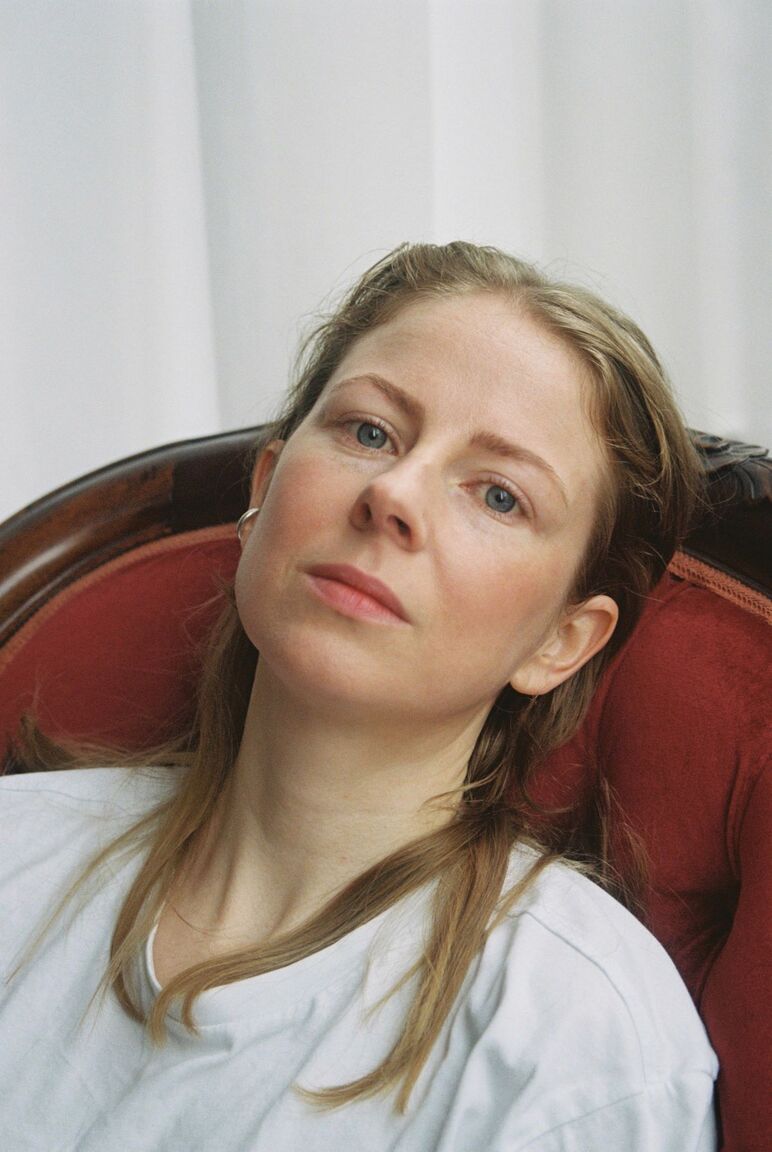Talk

Persis Bekkering / Our love is yet to come (undone)
Exactly one hundred years ago, in ‘Make Way for Winged Eros’, Soviet revolutionary Alexandra Kollontai makes a plea for what she names ‘love-comradeship’, as the privileged form of love under communism. In love-comradeship, love and camaraderie are united, and can entail ‘warm feelings’ in the widest sense: romantic love, care, and friendship, without needing to distinguish between the qualities of these different relations.
Where love in capitalism is organized according to relations of property, and a private thing between two people, Kollontai argues that under communism love should be for the collective in the first place, for the whole. Love has always been a social factor with the capacity to unite people. It was therefore always already public and political, and must now be mobilized for the benefit of the people.
This concept of love is revolutionary and utopian, and arguably more radical than current popular practices such as ethical non-monogamy. Yet in a world in which capitalism has become not merely the dominant, but the only mode of production, how can we bring about a bit of red love?
In this talk, writer Persis Bekkering aims to take a closer look at this concept, reading Kollontai together with a very different notion, that of “sex negativity”, as developed by psychoanalytic theories. Sex negativity refers to the fundamental antagonism on which the social order is structured, a gap which is revealed by sex. It also points to sex as an encounter that others and undoes us, as Lauren Berlant, Lee Edelman and others have shown. Can negativity invite something like a rehearsal or repetition, for practices beyond the ossified organization of love that seems to be our contemporary predicament? Could this negativity perhaps shatter us into the disorganization of comradely love?
Persis Bekkering (NL, Brussels based) is a writer and critic, engaging with a wide spectrum of artistic disciplines. She is the author of two novels, Een heldenleven (2018, shortlisted for the ANV Debut Prize) and Exces (2021, shortlisted for the BNG Bank Prize for Literature). An excerpt of Exces, titled Last Utopia, is published in English translation by the Jan van Eyck Academy Maastricht. As a writer, performer, conversation partner and dramaturg, she has collaborated with artists such as Dora García, Ula Sickle and Aimée Zito Lema. She teaches creative writing at ArtEZ University of the Arts in Arnhem (NL).